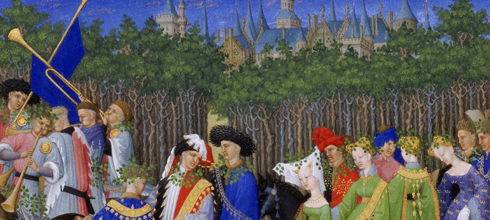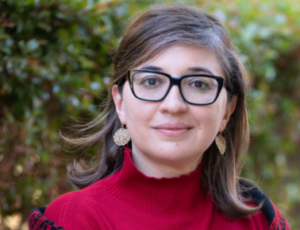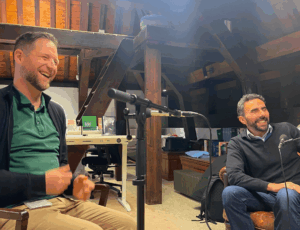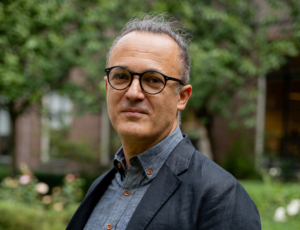
Fellow Karl Kügle awarded an ERC Advanced Grant
Research News
2 June 2015Music in late-medieval court cultures
Karl Kügle and his team will explore the role of music in late-medieval court cultures of the ‘long fourteenth century’ (1280-1450) on a European scale. They will focus on music in relation to three central cultural dimensions: 1. the other arts such as poetry, visual arts, and architecture; 2. material culture from manuscripts to jewelry and dress; and 3. the performance of social ritual, from the liturgy to informal interactions among courtiers.
Karl Kügle
Karl Kügle is Professor of Musicology at Utrecht University. Kügle’s research interests are focused on European music of the later Middle Ages (ca. 1300-1450), late medieval and early modern court cultures in a transdisciplinary context, and the epistemology of Western music from ca. 1800 to the present. At NIAS, he works on a project on erotic late-medieval song from the Low Countries.
The ERC
The European Research Council supports frontier research, cross-disciplinary proposals and pioneering ideas in new and emerging fields which introduce unconventional and innovative approaches.
The ERC Advanced Grant allow exceptional established research leaders to pursue frontier research of their choice. The grants aim to encourage risk-taking and interdisciplinarity, and support pioneering frontier research projects. It consists of up to 2.5 million euros.
Courtiers at a May outing outside Paris, c. 1415 (Source: Très Riches Heures du duc de Berry, a Book of Hours illuminated by the Limbourg brothers).The trumpeters in the image indicate the very high social status of the party and probably, through their fanfares, also served to alert passers-by to take on a socially appropriate position of reverence towards the group.



